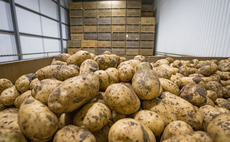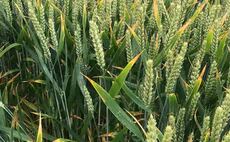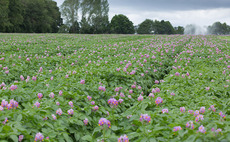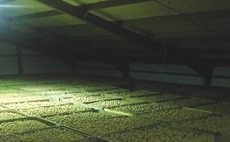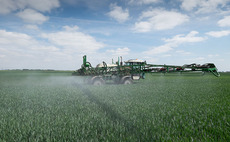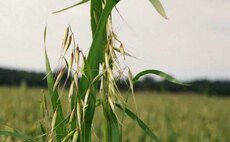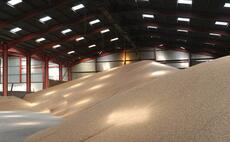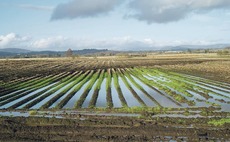Author profile
Arable
High rainfall experienced throughout most of the UK this winter has left soils saturated and crops struggling.
Achieving sprout suppression results equivalent to those provided by chlorpropham (CIPC) is ‘within reach’ using combinations of existing sprout suppressant technology and new physiologically-targeted treatments.
Arable
Gaining UK authorisation in December, the much-anticipated Revystar XE is available for use cereal in crops this season.
Arable
A majority of potato businesses are growing cover crops in order to improve soil structure, build organic matter and dry out wet soils, but there could be a benefit to yields too.
Arable
Potato growers are being urged to prepare now for changes in the potato seed treatment line-up this spring, as product choices and application options have narrowed.
Arable
With some winter crops only just in the ground, and margins particularly tight, fungicide programmes will need careful consideration this season.
Arable
Sodden soils have severely hampered early weed control opportunities this season, and a wet and mild winter, which is typically followed by higher spring grass-weed populations, could make the challenge even greater.
Arable
What to watch: 2020 wheat production estimates remain difficult to predict, but it is clear we will need to import a huge tonnage. The spread between UK and Continental prices will remain the key metric to monitor.
Arable
An international group of scientists, led by Rothamsted Research and the John Innes Centre, has opened its door to healthier wheat varieties, after pinpointing genes responsible for the dietary fibre content of flour.
Arable
Potato production in the north east and north west of England has fallen by an estimated 36,100 tonnes on the previous season, to 205,200t.


 17 February 2020
•
4 min read
17 February 2020
•
4 min read
